| PERSISTENT COUGH & COLD IN CHILDREN |
|
| Cough in Children |
|
|
- Cough, with or without phlegm, is one of the commonest complaint or symptom
- Most children have upper respiratory infections (URTI), during which they suffer from cough, running nose & mild fever
- Preschool children have an average of 6 - 8 attacks of URTIs per year, which may be more if they attend daycare or nursery
- URTI symptoms do not last > 1 week
|
|
| There is a 7 % -10% prevalence of persistent cough (lasting 3 to 8 weeks or longer) in city children 7 to 15 years old |
|
| Persistent Cough in Children (lasting 3 to 8 weeks or longer) |
|
|
- Can be an important defense mechanism to help clear excessive secretions and foreign material from airways
- Can be an important factor in the spread of infection
- It is one of the most common complaint for which parents seek medical attention and spend health-care dollars
|
|
|
| Cough |
|
 |
|
| Common Causes of Cough |
|
|
- Cough with asthma & "cough-variant asthma"
- Post nasal drip syndrome, is the most common cause of persistent cough in the older child & adult
- Lower respiratory tract infections-bronchitis & pneumonia
- Gastro-esophageal reflux disease (GERD)
|
|
|
| Less common causes of cough |
|
|
- Are birth defects -> aspiration
- Environmental exposures-cigarette smoke
- Habit cough and psychogenic cough
|
|
|
| Gastro-esophageal reflux disease (GERD) |
|
|
- GERD is common in patients presenting with a number of respiratory complaints, including chronic cough
- Besides coughing bouts, children 2 years or less are more likely to present with airflow symptoms -difficult & noisy breathing after feeding, cyanotic(blue) spells or difficulty in swallowing, poor growth, frequent vomiting
- While children older than 2 years are more likely to present with airway irritation -frequent wheezing, throat clearing, & choking after food
|
|
|
| Lower respiratory tract infections-bronchitis & pneumonia |
|
|
- Pertussis infection- "100 days cough"
- Mycoplasma infection - > 5 years old
- Pulmonary tuberculosis
- Persistent cough with fever and breathlessness - may indicate complication such as pus in chest cavity or lung abscesses
|
|
|
| Post nasal drip syndrome |
|
|
- PND syndromes are second only to asthma as a cause of chronic cough in children, and are most likely the principal cause of chronic cough in adults
- In children with sensitive nose, there is excessive mucus production with dripping into the back of the nose and down into the throat causing throat irritation
- The cough is usually at night when the child lies down & is an irritating cough -like constant clearing of throat
|
|
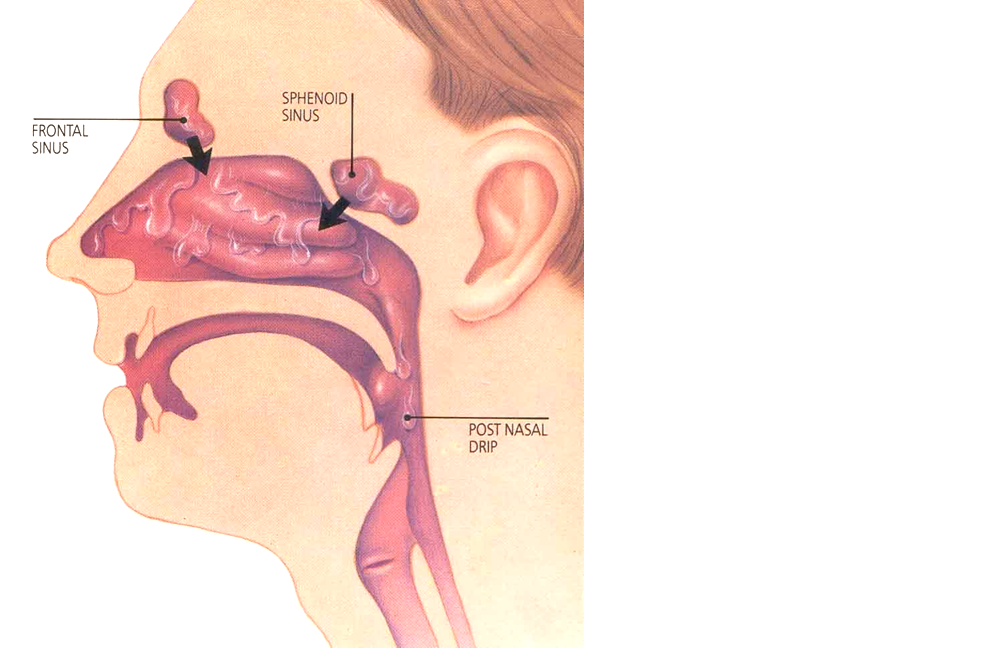 |
|
| Cough with asthma & "cough-variant asthma" |
|
|
- Persistent cough due to underlying asthma occurs in the early morning and late night
- May or may not be wheezing
- The cough & breathlessness are aggravated by “flu”, vigorous exercise or smoky environment
- Locally, 1:5 children have asthma, & S’pore has the highest incidence of asthma in the Asia-Pacific for 6 to 7 years olds
|
|
|
| Why does my child cough at night ? |
|
|
- Is the treatment adequate ?
- If the child is on preventive treatment, is it being regularly given ?
- Is the technique correct in giving the medication ?
- Are there any aggravating factors at home, such as passive smoking, pets, etc ?
|
|
|
| Devices used to deliver inhaled medication |
|
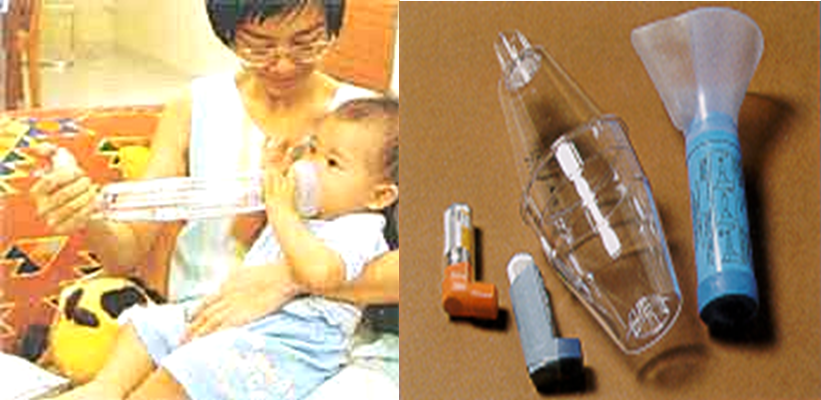 |
|
| Persistent Colds in Children |
|
 |
|
- A persistent or prolonged cold - consists of complaints of persistent nose block, with cough & nasal discharge that continues for >7 days
- It is very similar to the post-nasal drip syndrome mentioned earlier
|
|
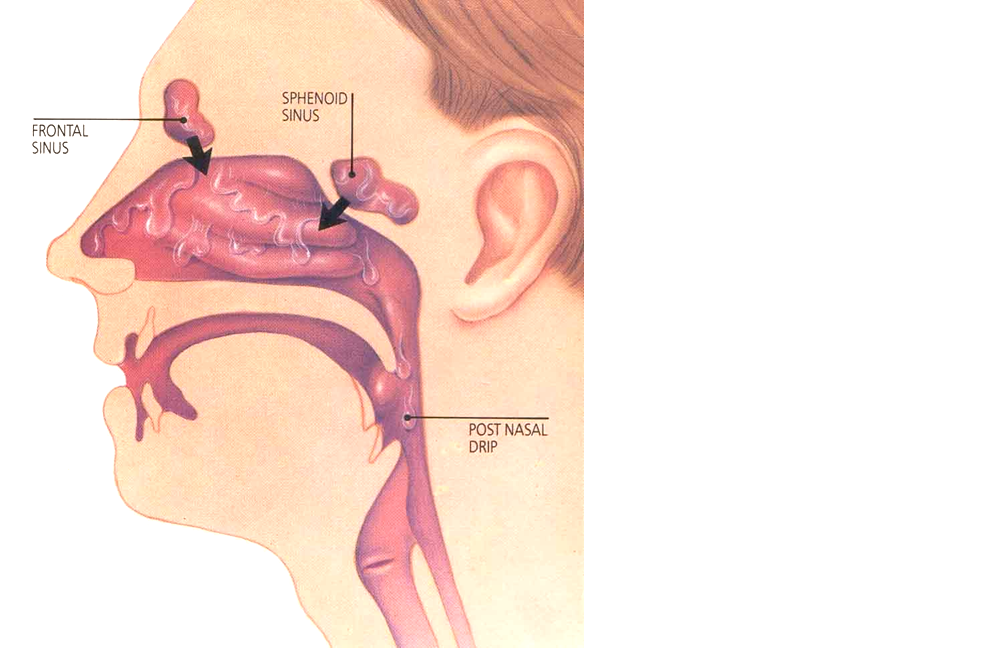 |
|
- Children normally have 6 to 8 episodes of nose & throat infections a year from the common viruses like the cold & flu
- It is estimated that between 5% to 10% of these infections may be complicated by bacterial infections of the sinuses (80 % of sinusitis cases)
- Occasionally (in 20% of sinusitis cases) an allergic attack of the nose precedes the infection of the sinuses
- Nose Problems or Rhinitis is characterized by the complaints of sneezing, itching, watery-clear nose discharge and nasal obstruction
- Sinus problems or Sinusitis is with complaints of persistent nose block, colored nasal secretions, postnasal drip, sore throat, cough, headaches, facial pain and occasionally tenderness in the area of the affected sinuses
|
|
 |
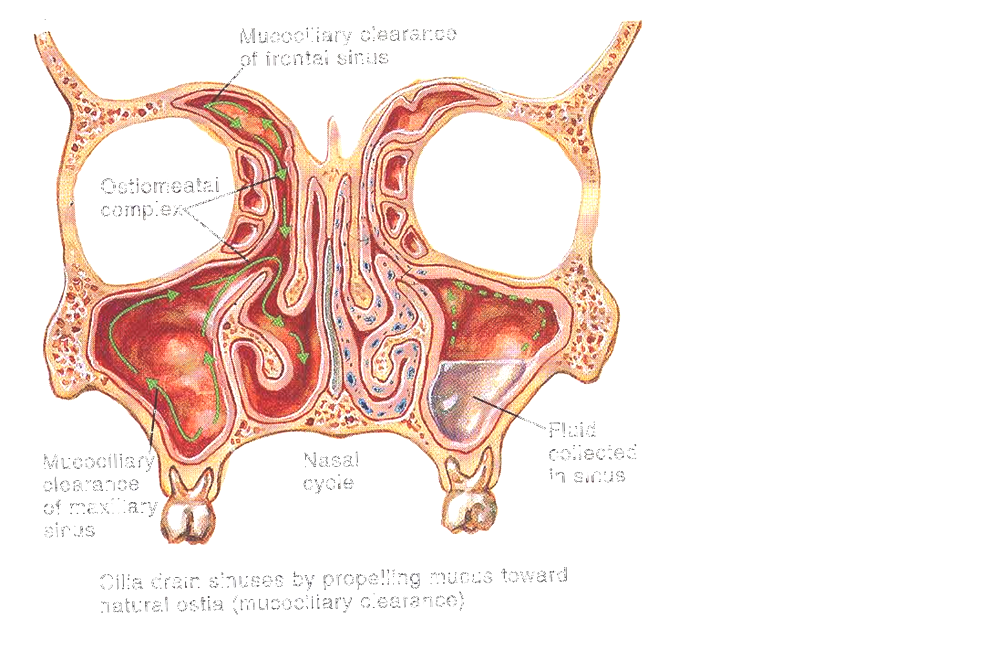 |
|
| Persistent Colds |
|
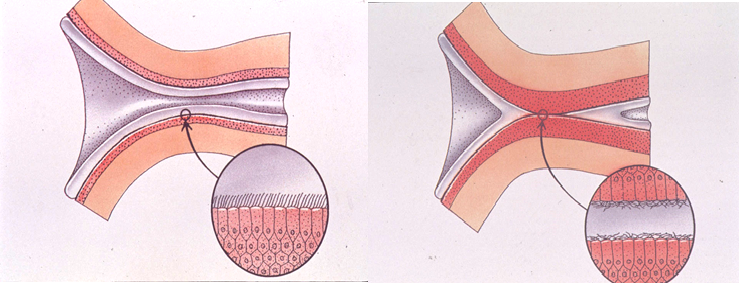 |
|
- Infective
- Allergic
- Others
|
|
| The others are conditions like enlarged adenoids, passive smoke exposure, foreign bodies, swimming & diving, gastro-nasal reflux, immune-deficiency syndrome, and even tumor process- anything that cause inflammation or swelling of the nose lining |
|
Penicillin-resistant Streptococcus Pneumoniae in Singapore
Clinical Infectious Diseases 1999;1206-11M |
|
| Recent study has shown a 40- fold increase in penicillin resistance in Singapore, from 0.5% in 1977 -1986 period to 21% in 1996 -1997 period |
|
Parents, Physicians, and Antibiotic Use
PEDIATRICS Vol. 103 No. 2 February 1999, pp. 395-401 |
|
|
- Forty-eight percent reported that parents always, most of the time, or often pressure them to prescribe antibiotics when their children are ill but antibiotics are not indicated
- Educating parents would be the single most important program for reducing inappropriate oral antibiotic use
|
|
|
| House-dust Mite Allergy |
|
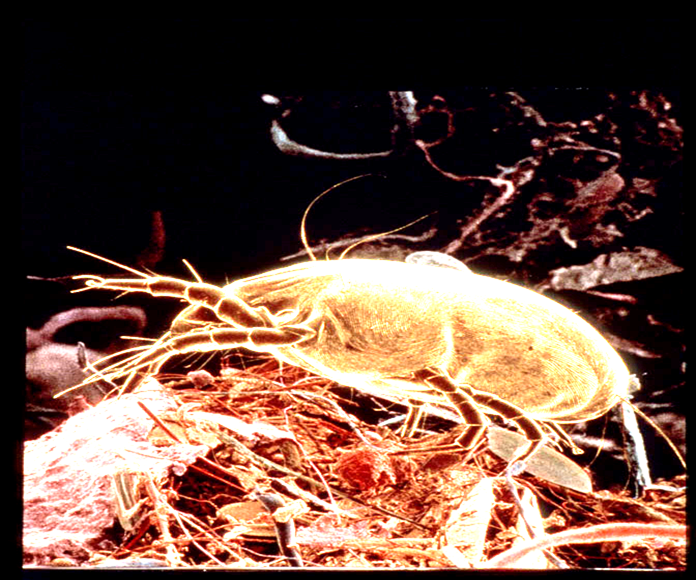 |
|
| House-dust Mite Allergy |
|
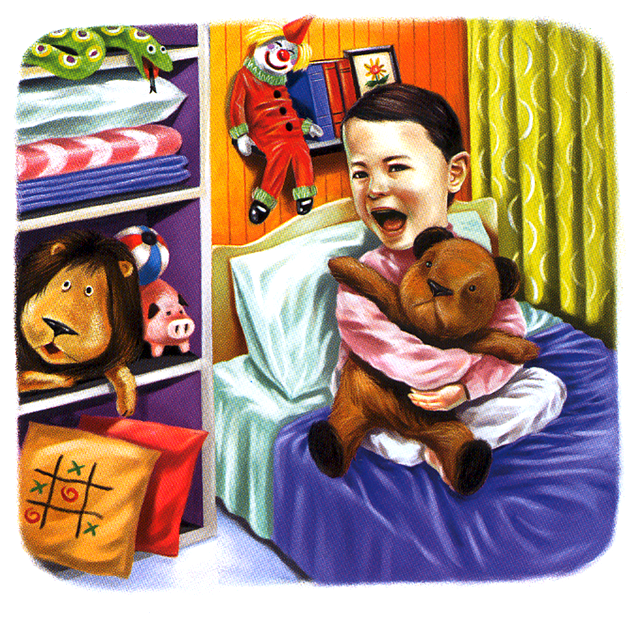 |
|
| Counseling on Allergen Avoidance |
|
 |
|
| Keeping a Pet |
|
 |
|
| Indoor Air Pollution |
|
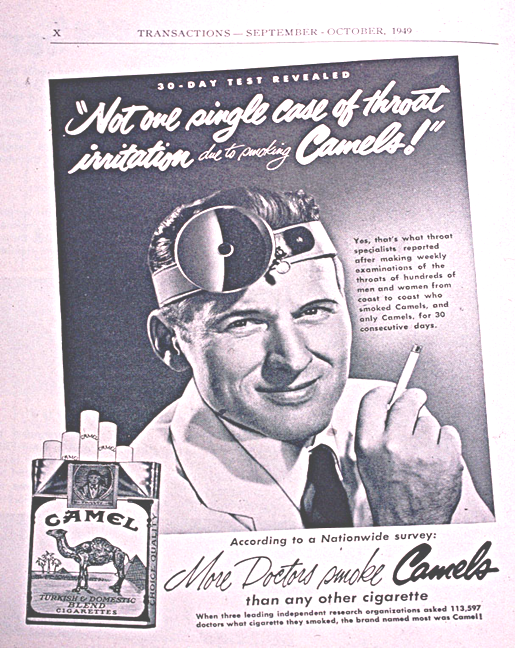 |